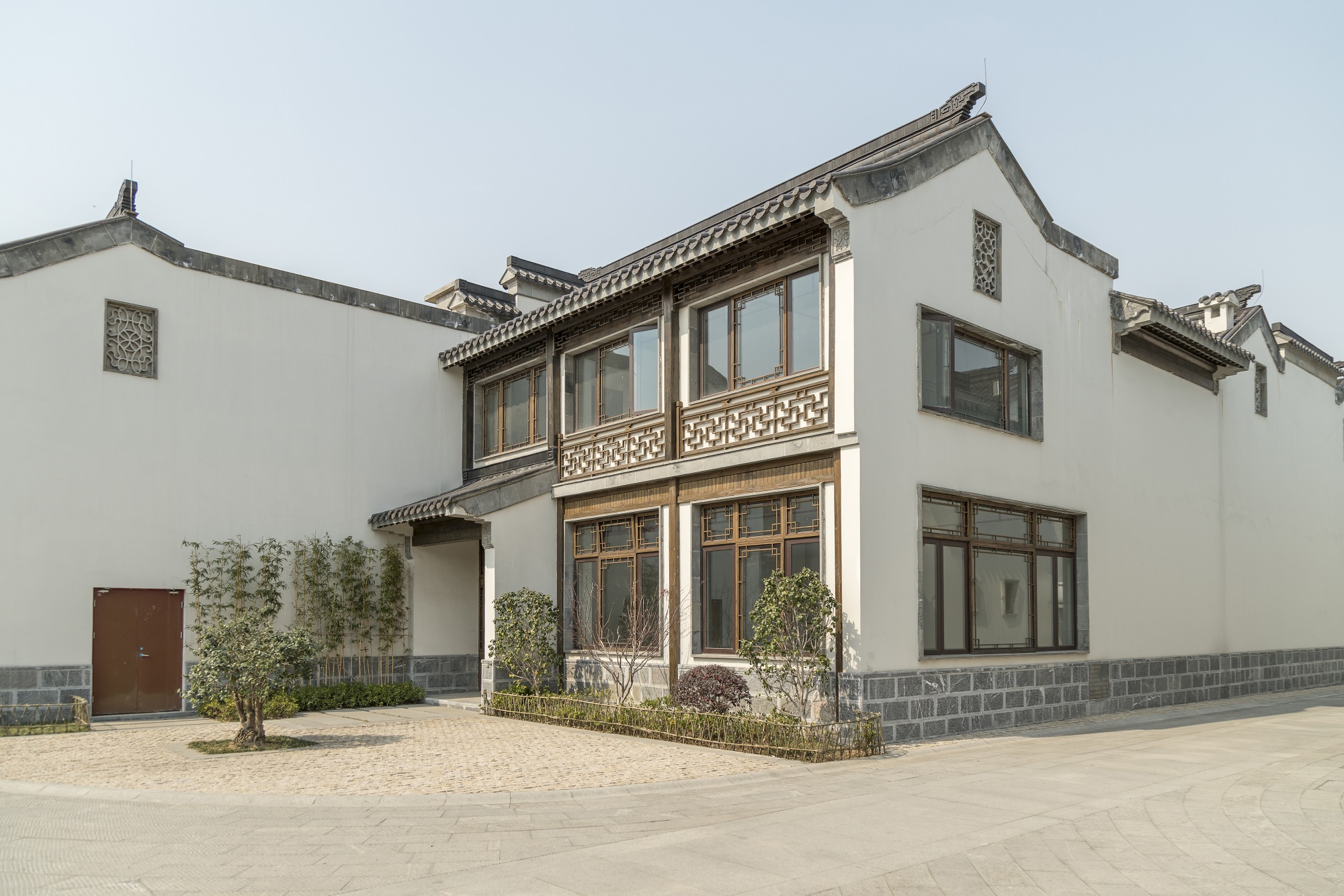
The Pros and Cons of Buying Off-Plan Properties
Are you considering buying property but are unsure whether to opt for an off-plan purchase? In this article, we will weigh the pros and cons of buying off-plan properties, helping you make an informed decision. Going off-plan means buying a property before it is built, based on architectural plans and computer-generated images. The allure lies in the potential for capital growth, as off-plan properties are often sold at a lower price than once they are completed. Additionally, buyers have the advantage of customizing their new homes according to their preferences, with options to choose finishes, fixtures, and layouts, all with guidance from a property dealer to ensure the best investment choices.
However, there are also potential downsides to consider. Construction delays can be common, causing frustration and potentially affecting your living arrangements. Moreover, the property you envisioned may not live up to expectations once completed, as what you see in plans and renderings may differ from the final product. Lastly, obtaining financing for off-plan properties might be more challenging than for ready-built homes.
By weighing these pros and cons, you can decide whether buying off-plan properties aligns with your financial goals and risk tolerance.
Advantages of Buying Off-Plan Properties

One of the primary advantages of purchasing off-plan properties is the potential for capital appreciation. Since these properties are often available at a lower price point before construction is completed, investors can benefit from significant savings and potential market value increases by the time the construction company finishes the building.
Another benefit is the ability to personalize your living space. Buyers typically have the option to select their preferred finishes, fixtures, and sometimes even floor plans, allowing for a level of customization that is not usually available when buying a ready-built home.
Moreover, developers sometimes offer attractive payment plans for off-plan purchases, which can make these properties more accessible to buyers who may not have the full amount upfront. This can open up opportunities for individuals to invest in real estate who otherwise might not be able to.
Potential Risks and Disadvantages of Buying Off-Plan Properties
Despite the advantages, there are considerable risks involved. Construction delays are not uncommon, which can disrupt your moving plans and lead to additional expenses if you’re renting in the interim.
There’s also the risk that the final product may not meet your expectations. Architectural plans and renderings can only convey so much, and the finished property may differ in terms of quality or detail.
Financing can be another hurdle. Banks and financial institutions sometimes view off-plan properties as riskier real estate investments, which can make obtaining a mortgage more challenging compared to purchasing a ready-built home.
Factors to Consider Before Purchasing an Off-Plan Property

Before diving into an off-plan purchase, it’s crucial to research the developer’s track record. Look into their previous projects to gauge their reliability and quality of work.
Understanding the local real estate market is also vital. This insight will help you evaluate whether the property is likely to appreciate in value and if the area is experiencing growth or development.
Additionally, consider your financial stability and flexibility. Ensure you can withstand potential delays or additional costs that may arise during the construction process.
The Process of Buying Off-Plan Properties
The buying process typically begins with selecting a property and paying a reservation fee to secure your choice. Following this, you’ll enter into a contract with the developer, which outlines the terms of purchase, including payment plans and the completion timeline.
During construction, it’s advisable to stay engaged and monitor progress. This can involve visiting the site or requesting updates from the developer.
Upon completion, there will be a final inspection before the final payment is made and ownership is transferred. This is your opportunity to ensure everything is as agreed upon in terms of specifications and quality.
Financing Options for Buying Off-Plan Properties

Financing an off-plan property may involve a mortgage, but the process can differ from that of a ready-built home. Some banks offer specialized off-plan property loans, which may have different terms and conditions.
It’s also worth exploring developer financing options, as some offer installment plans that can be more flexible than traditional mortgage arrangements.
Regardless of the route you choose, it’s critical to secure pre-approval and fully understand the terms before committing to any financial agreement.
Legal Considerations When Buying Off-Plan Properties
Engaging in a legal expert insights who specializes in real estate transactions is essential when purchasing an off-plan property. They can help navigate the contract, ensuring it protects your interests, particularly regarding construction delays and the quality of the finished product.
It’s also important to ensure that your contract includes a clause allowing you to recoup your investment should the developer fail to deliver the property as agreed.
Case Studies: Success Stories of Buying Off-Plan Properties
While there are risks, many investors have found success with off-plan properties. For instance, John Doe invested in an off-plan development in a burgeoning city area. By the time of completion, the property’s value had increased by 20%, and he was able to sell at a significant profit.
Another success story involves Jane Smith, who purchased an off-plan property with the intention of making it her home. She was able to customize the interior to her liking, and the property appreciated in value by the time she moved in, providing her with instant equity.
Tips for Making a Smart Investment in Off-Plan Properties

Conduct thorough research on the developer and the property market. Stay informed about the construction progress and maintain open communication with the developer.
Always have a contingency plan in place for potential delays, and ensure your financial arrangements are flexible enough to accommodate unforeseen circumstances.
Lastly, get everything in writing. Ensure all promises and agreements with the developer are documented to protect your investment.
Conclusion
Buying off-plan properties can be a lucrative investment, offering the potential for significant savings and customization options. However, it’s not without its risks, including construction delays, financial challenges, and the possibility that the final product may not meet expectations.
By carefully considering these factors and conducting thorough research, you can determine whether buying off-plan aligns with your financial goals and risk tolerance. With the right approach, off-plan property investment can be a rewarding venture.